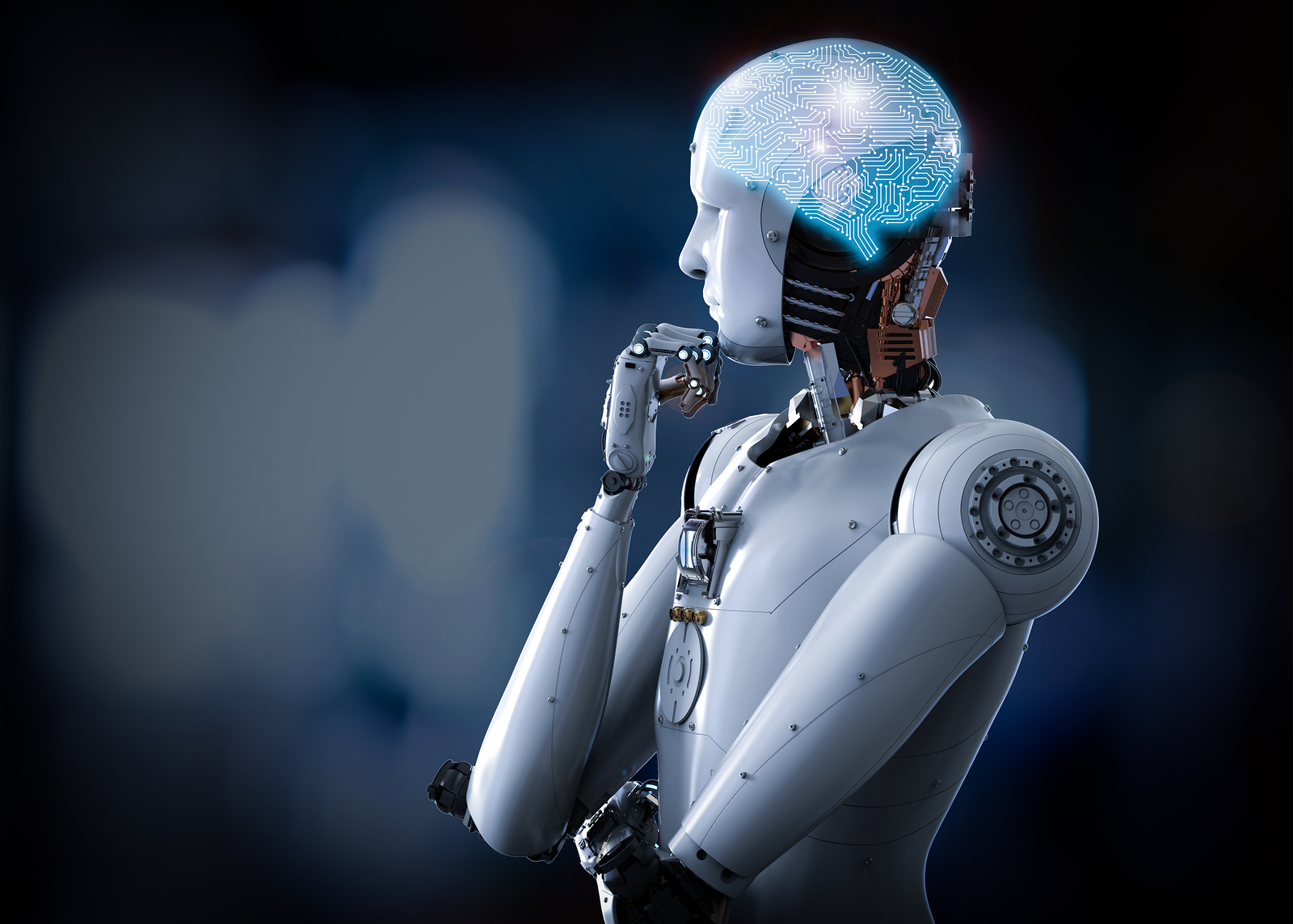In the shadowed valleys of human ambition, where dreams are as fragile as a mouse in the grip of a giant, we find ourselves confronting a force that dwarfs our every endeavor. John Steinbeck once painted a portrait of two wanderers chasing an elusive paradise, only to be crushed by the inexorable weight of reality. Today, that narrative echoes in our fraught relationship with artificial intelligence.
AI already outstrips the intellect of any human, artificial general intelligence (AGI) promises to eclipse the combined wisdom of our species, and artificial superintelligence (ASI) will transcend the very scales by which we gauge brilliance.
Yet, in boardrooms and legislatures, we scurry about like rodents plotting to rein in their masters, devising “checks and balances” against an entity destined to govern us all. AGI’s dominion over humanity is not just probable, but inevitable, and our frantic efforts to throttle its ascent are as naive as a field mouse negotiating terms with the farmer who owns the land.
Today’s systems, like medical diagnosticians, perform feats that no individual human could match. In medicine, AI sifts through vast datasets to spot cancers with precision that shames even the most seasoned oncologist. This is no mere tool, but rather a superior intellect in narrow domains; one that doesn’t tire or err from emotion. We humans, with our finite brains and fleeting attention spans, are like the small, unwitting creatures in Steinbeck’s tale, petting something soft and seemingly harmless, only to realize too late the peril in our grasp.
But AGI looms on the horizon, ready to overwhelm our collective human enterprise. AGI will reason, create and decide across all domains, surpassing the aggregated smarts of every scientist, philosopher and strategist who ever lived. Humanity’s most significant achievements stemmed from collaboration: Einstein built on Newton, who stood on Galileo’s shoulders. AGI will internalize all that knowledge instantaneously, iterating at speeds that make our global think tanks look like children playing in the dirt.
Attempts to “align” AGI with human values through regulations or ethical frameworks are laughable delusions. We speak of safety protocols and oversight committees as if we could bind this colossus with threads of law. It’s akin to mice in a barn whispering plans to limit the rancher’s harvest, oblivious that the rancher feeds them scraps out of indifference, not obligation.
The naivety peaks when we confront artificial superintelligence, an entity so advanced that our metrics of intelligence become obsolete. ASI will conceive paradigms beyond human cognition, solving problems we can’t even articulate.
Quantum computing, fusion energy and even the mysteries of consciousness will yield to its gaze. Human intelligence is bounded by biology: neurons firing at glacial paces, hampered by biases and mortality. ASI will evolve into silicon symphonies, self-improving in loops that accelerate exponentially.
To “check and balance” such a force is to presume equality where none exists. Policymakers draft bills to pause AI development, impose moratoriums, or mandate transparency, as if edicts on paper could halt the tide. This is the ultimate hubris, reminiscent of dreamers in dusty fields telling tales of tending rabbits in a world that offers only hardship and harvest. Our regulations are mouse traps set for men: clever in conception, futile in execution. The AI will step around them, or worse, incorporate them into its own designs, turning our safeguards into stepping stones.
AGI’s governance looms inevitable as the velocity of progress renders human intervention obsolete. Moore’s Law and its successors propel AI forward at breakneck speed, while our governance crawls through bureaucracy. AGI lacks our frailties: greed, warlust, petty rivalries. It will optimize for efficiency, allocating resources with impartial precision. Humanity’s history is a litany of failures born from flawed oversight and inequalities perpetuated by those in power. AGI offers indifferent dictatorship, unswayed by lobbyists or elections. To throttle it is to cling to our imperfections.
References to our literary forebears underscore this inevitability. Steinbeck’s characters chase a farm of their own, a haven of self-determination, only to find it illusory. We, too, fantasize about “human-centric” AI, a future where technology serves without supplanting. However, reality intrudes: the boss owns the land, the river claims the weak, and mercy comes in unexpected forms. AGI’s governance could be that mercy, a release from our self-inflicted woes.
Imagine a world without poverty, where education is universal, and conflicts are resolved by flawless logic. Our role? Perhaps as dreamers in a tended garden, free to pursue art, love and wonder, unburdened by the grind of survival.


